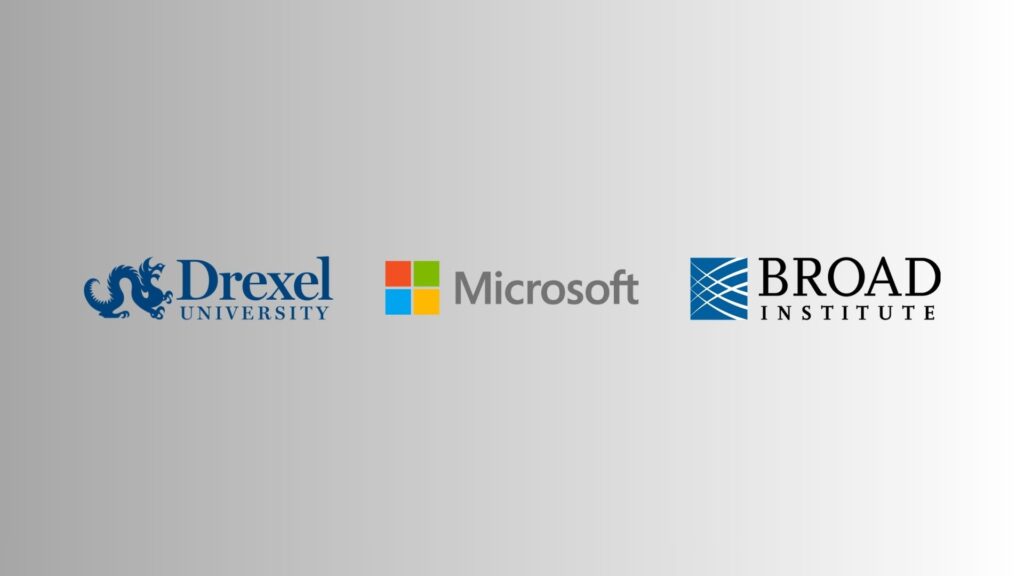Genetic experts and Microsoft design AI assistant to streamline sequencing
AI assistant prototype promises faster rare disease diagnosis by flagging cases for reanalysis and synthesising gene and variant data.

Microsoft, Drexel University, and the Broad Institute have developed a generative AI assistant to support genome sequencing. The study in ACM Transactions on Interactive Intelligent Systems demonstrates how AI can accelerate searching, filtering, and synthesising data in rare disease diagnosis.
Whole genome sequencing often takes weeks and yields a diagnosis in fewer than half of cases. Analysts must decide which unsolved cases to revisit as new research appears. The AI assistant flags cases for reanalysis and compiles new gene and variant data into a clear, usable format.
The team interviewed 17 genetics professionals to map workflows and challenges before co-designing the prototype. Sessions focused on problems such as data overload, slow collaboration, and difficulty prioritising unsolved cases, helping ensure the tool addressed real-world pain points.
The prototype enables collaborative sensemaking, allowing users to edit and verify AI-generated content. It offers flexible filtering to surface the most relevant evidence while keeping a comprehensive view, saving time and improving decision-making.
Microsoft-led researchers plan to test the assistant in real-world environments to measure its effect on diagnostic yield and workflow efficiency. They emphasise that success will depend on collaboration among developers, genetic experts, and system designers to build trustworthy and explainable tools.
Would you like to learn more about AI, tech and digital diplomacy? If so, ask our Diplo chatbot!
